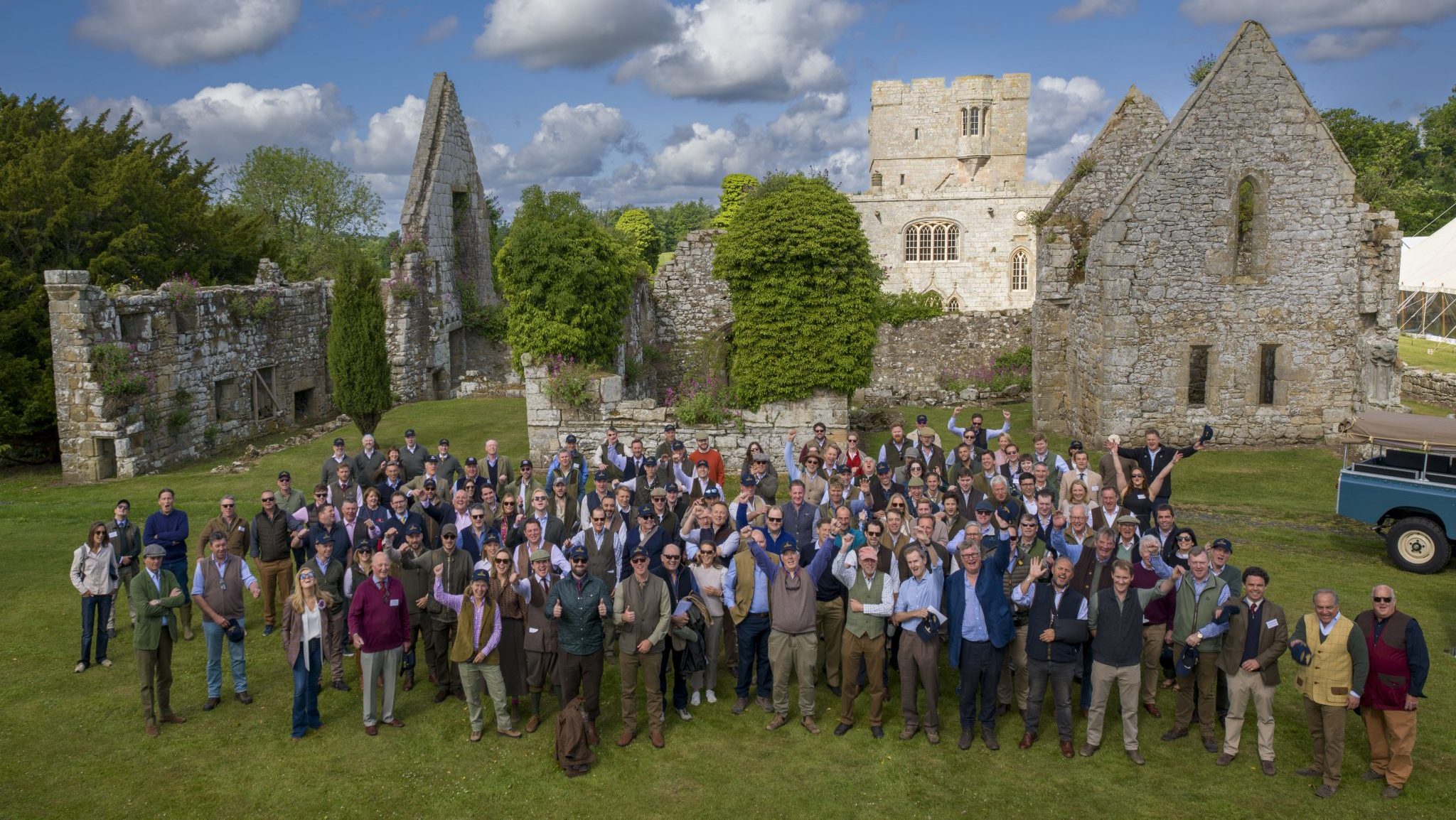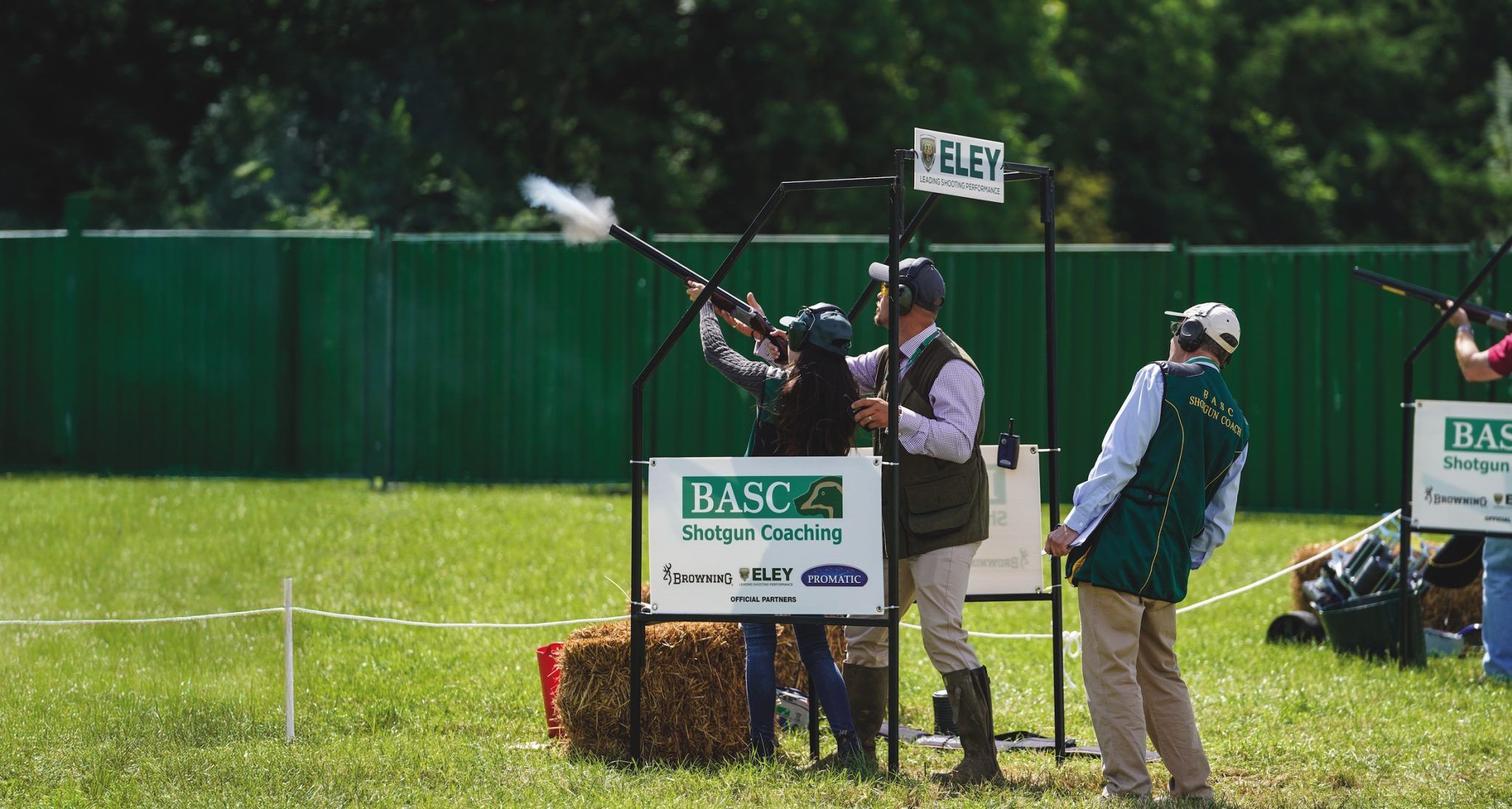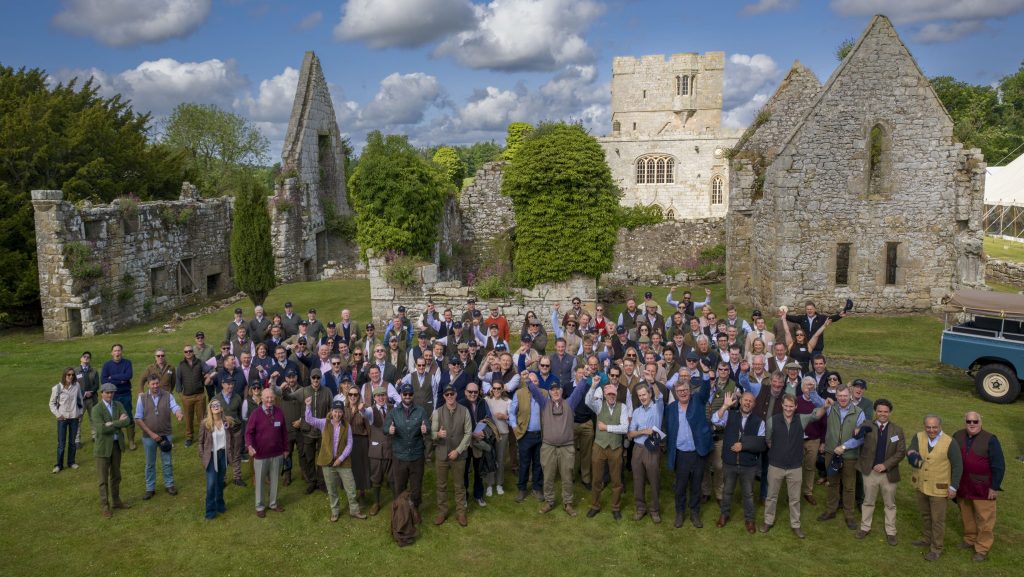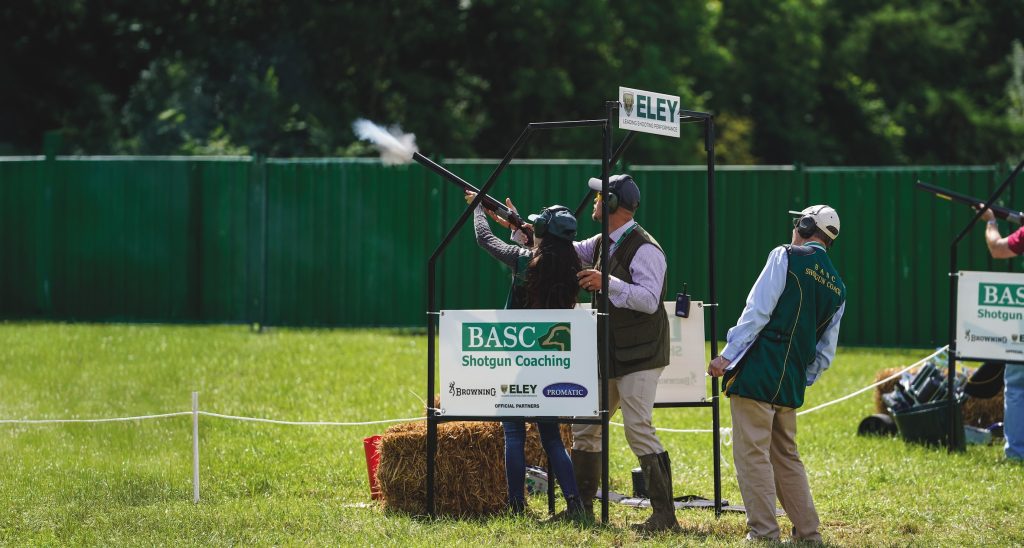News
Illegal pesticide research queried
The usefulness of CAIP's new market research is called into question by keepers
Would you like to speak to our readers? We offer sponsored articles and advertising to put you in front of our audience. Find out more.Pro-shooting groups have questioned the validity of new research commissioned by the Campaign Against Accidental or Illegal Poisoning (CAIP) into whether or not the public understands how correctly to recognise or report the misuse of pesticides.
CAIP quizzed 100 members of the public on their awareness of wildlife poisoning. The research reveals that though members of the public come across dead animals, few take any action. More than half would report dead wildlife if they suspected illegal activity, however, and deaths of birds of prey, deer and badgers are most likely to be reported.
We have to question the relevance of some of this research and whether it will help or hinder the fight against pesticide poisoning, the Countryside Alliances Tim Bonner told Shooting Times. He added: Wild animals do die in the countryside from a range of causes and it is important that people do not start to think that every carcase is the victim of illegal killing. Having said that, it is important that real cases of poisoning are reported and we applaud CAIPs work in tackling illegal poisoning.
Responding to the shooting communitys criticism of the research, a CAIP spokesperson told Shooting Times: Many animals die of natural causes or from road traffic collisions, but regrettably a number of deaths are caused by the abuse or misuse of pesticides. However, what is clear from the research is the need to improve peoples awareness of the Wildlife Incident Investigation Scheme (WIIS), the signs of pesticide poisoning and the correct reporting procedure.
The research also showed that those questioned are most likely to report a suspicious wildlife death to the RSPCA or the police but a third did not know to which organisation they should report their concerns. BASCs Tom Blades said the survey highlights the need for greater public awareness of pesticide poisoning: To find that only two per cent of those questioned were aware of the WIIS is disturbing. BASC supports the efforts of the WIIS and would welcome an increased understanding of its work for the ultimate benefit of the countryside.
The research revealed some interesting statistics, which showed support for legal pesticide use. A spokesman for the National Gamekeepers Organisation said: All wildlife dies at some point, so it is hardly surprising that the countryside contains a lot of dead animals. But only a tiny minority will be there as a result of illegal killing, so the publics non-reaction is probably the right one. He added: The CAIP generally does good work and it is right it should publicise numbers to report the misuse of pesticides. As an aside, we were interested to see yet more market research coming up with 70 per cent support for legal predator control. That is the good news behind this story. To report suspected pesticide incidents use the WIIS freephone
hotline number, tel 0800 321600.
Related articles
News
Duke's Challenge raises record-breaking £685,000 for GWCT
The shooting community has backed wildlife conservation in spectacular fashion, raising a record-breaking £685,000 for GWCT
By Time Well Spent
News
‘So what exactly do you lot do, then?’
You’d be surprised how many projects staff and volunteers deliver, as well as BASC’s vital work helping members, says Conor O’Gorman
By Time Well Spent
Manage Consent
To provide the best experiences, we use technologies like cookies to store and/or access device information. Consenting to these technologies will allow us to process data such as browsing behavior or unique IDs on this site. Not consenting or withdrawing consent, may adversely affect certain features and functions.
Functional Always active
The technical storage or access is strictly necessary for the legitimate purpose of enabling the use of a specific service explicitly requested by the subscriber or user, or for the sole purpose of carrying out the transmission of a communication over an electronic communications network.
Preferences
The technical storage or access is necessary for the legitimate purpose of storing preferences that are not requested by the subscriber or user.
Statistics
The technical storage or access that is used exclusively for statistical purposes.
The technical storage or access that is used exclusively for anonymous statistical purposes. Without a subpoena, voluntary compliance on the part of your Internet Service Provider, or additional records from a third party, information stored or retrieved for this purpose alone cannot usually be used to identify you.
Marketing
The technical storage or access is required to create user profiles to send advertising, or to track the user on a website or across several websites for similar marketing purposes.





